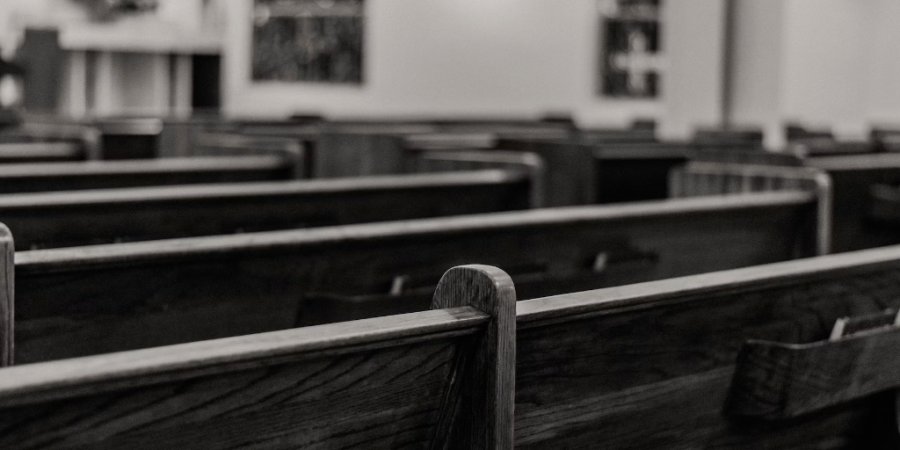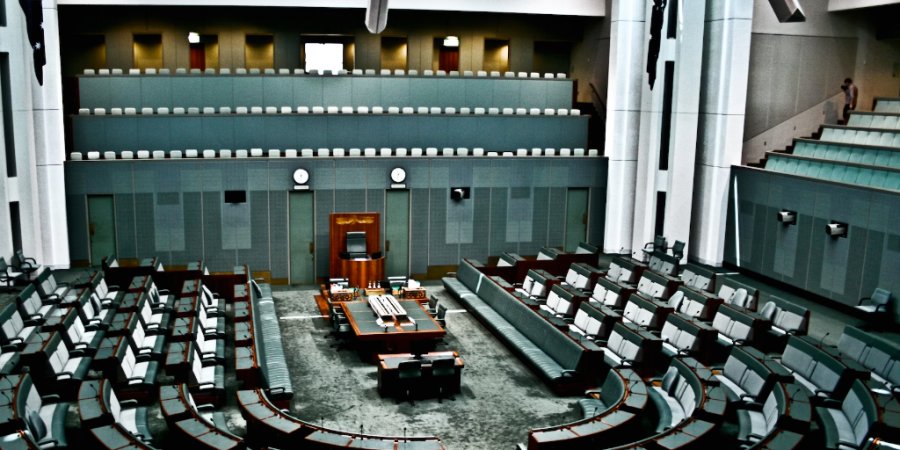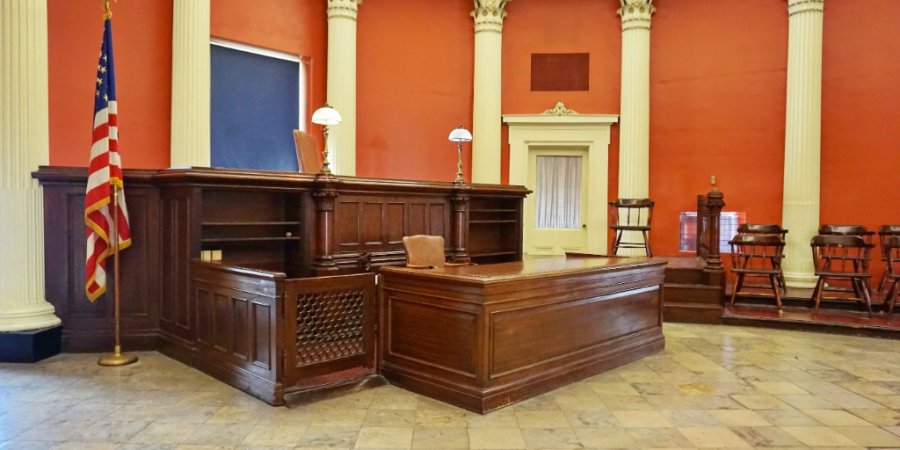Famous RICO Cases: An In-Depth Exploration of Their Intricacies and Power

In the annals of American jurisprudence, few laws have had as profound an impact on the landscape of organized crime as the Racketeer Influenced and Corrupt Organizations Act, commonly known as RICO. This federal law, enacted in 1970, has been instrumental in dismantling organized crime syndicates, prosecuting white-collar criminals, and even reaching into the realms of the music industry and international corruption cases.
The purpose of this article is to delve into the world of famous RICO cases, shedding light on the intricacies of these cases and the power of the RICO Act itself. We will explore the origins of the Act, its initial application in the fight against the Mafia, its use in white-collar crime cases, its surprising application in the music industry, and its reach into international corruption cases.
Each of these areas represents a unique application of the RICO Act, demonstrating its versatility and the breadth of its potential applications. By examining these famous cases, we can gain a deeper understanding of the Act itself, its implications for law enforcement and the legal system, and its ongoing relevance in the fight against organized crime and corruption.
This exploration is not just a historical review; it's a journey into the heart of the American legal system and its ongoing battle against organized crime. It's a testament to the adaptability of the law, its ability to respond to new challenges, and its unyielding pursuit of justice. So, let's embark on this journey together, exploring the famous RICO cases that have shaped the legal landscape and continue to influence the fight against organized crime today.
The Power of RICO
So, what's the deal with RICO? This federal law, enacted in 1970, was designed to combat organized crime in the United States. It's like the Swiss Army knife of legal tools, allowing for the leaders of a syndicate to be tried for the crimes they ordered others to do or assisted them in doing. This closed a loophole that allowed a person who instructed someone else to, say, commit murder, to be exempt from the trial because they didn't actually do the deed themselves. Crafty, right?
The Birth of RICO: The Mafia's Reign
The RICO Act was initially enacted to combat the Mafia's control over various industries. The first significant use of the RICO Act took place in the 1980s when it was used to prosecute several Mafia members. The most famous of these cases was perhaps the Mafia Commission Trial, which targeted the leaders of the Five Families that controlled organized crime in New York City.
The Five Families, known as the Bonanno, Colombo, Gambino, Genovese, and Lucchese families, had a stranglehold on organized crime in the city. They were involved in a variety of criminal activities, including gambling, drug trafficking, and murder. The Mafia Commission Trial was a landmark case that aimed to dismantle the power structure of these families.
The trial saw eight mob bosses convicted, including the heads of the most powerful crime families in New York. This was a significant blow to the Mafia's power structure and marked a turning point in the fight against organized crime. The use of the RICO Act in this case demonstrated its effectiveness in tackling organized crime and set a precedent for future cases.
Famous RICO Cases

RICO and White-Collar Crime: The Case of Michael Milken
The RICO Act isn't just for organized crime. It's also been used to tackle white-collar crime. One of the most famous cases in this area was that of Michael Milken, the "Junk Bond King". Milken was an investment banker who was indicted for racketeering and securities fraud in 1989.
Milken was a pioneer in the use of high-yield bonds, also known as junk bonds, for corporate financing. His innovative financing methods transformed Wall Street and the wider financial industry. However, his practices also attracted the attention of the authorities.
The charges against Milken were brought under the RICO Act, which prosecutors used to argue that Milken had used his network of contacts to manipulate stock and bond prices. This was a groundbreaking use of the RICO Act, demonstrating that it could be used to prosecute white-collar crimes in addition to organized crime.
Milken pleaded guilty to six lesser offenses rather than face a trial and potentially harsher sentence. His case served as a warning to others in the financial industry and highlighted the reach of the RICO Act.
RICO in the Music Industry: The Case of Tekashi 6ix9ine
The RICO Act has also found its way into the music industry. In a high-profile case, rapper Tekashi 6ix9ine, whose real name is Daniel Hernandez, was charged with racketeering, drug trafficking, and other crimes. Prosecutors alleged that he was part of a violent gang known as the Nine Trey Gangsta Bloods.
Hernandez's case was notable for several reasons. Firstly, it highlighted the links between the music industry and organized crime. Prosecutors alleged that Hernandez's music career was intertwined with his involvement in the Nine Trey Gangsta Bloods, and that his music and public persona were used to promote the gang's activities.
Secondly, Hernandez's case demonstrated the broad scope of the RICO Act. Despite his claims that his gang affiliation was merely a persona for his music career, prosecutors were able to use the RICO Act to charge him with a range of crimes.
Hernandez pleaded guilty and agreed to cooperate with authorities, leading to a significantly reduced sentence. His case served as a stark reminder of the potential consequences of involvementin organized crime, even for high-profile individuals in the entertainment industry.
The Reach of RICO: International Cases
The reach of the RICO Act extends beyond the borders of the United States. In one notable case, Chinese billionaire Ng Lap Seng was convicted on charges of bribery and money laundering. Prosecutors used the RICO Act to argue that Ng had used his real estate development company as a front for a scheme to bribe United Nations officials.
Ng's case was a significant development in the application of the RICO Act. It demonstrated that the Act could be used to prosecute individuals for crimes committed outside the United States, expanding its potential reach. The case also highlighted the global nature of organized crime and corruption, and the need for laws like the RICO Act to tackle these issues.
Ng's conviction was a significant victory for prosecutors and marked a new chapter in the use of the RICO Act. It showed that no matter how powerful or influential an individual might be, they could still be held accountable for their actions under the law.
The case against Ng was complex and involved multiple jurisdictions and legal systems. However, the successful prosecution demonstrated the effectiveness of the RICO Act in tackling complex, international cases of corruption and organized crime. It served as a reminder of the global reach of the law and its potential to bring powerful individuals to justice.
The RICO Case Against the Simon City Royals Gang
In a significant move against organized crime, a federal indictment was unsealed, charging 21 alleged members and associates of the Simon City Royals gang with a racketeering conspiracy involving murder, attempted murder, narcotics trafficking, witness tampering, obstruction of justice, wire fraud, and money laundering. The Simon City Royals, a national criminal gang, had a formalized hierarchy involving numerous "boards" and "teams," including a team dedicated to carrying out violent gang punishments, and a "money team" responsible for earning revenue through fraud, illegal gambling, and identity theft. The defendants were accused of murdering or attempting to murder numerous individuals, including a suspected law-enforcement cooperator, a rival gang leader, and individuals perceived to have shown disrespect to the gang. The defendants employed various methods to conceal their activities and finances, including communicating via encrypted messages and filing articles of incorporation to establish a fraudulent nonprofit organization with the state of Mississippi. If convicted, the defendants faced penalties ranging from 10 years and life for narcotics conspiracy; up to 20 years for money laundering conspiracy; 20 years to life imprisonment for the racketeering conspiracy; up to 10 years in prison for attempted murder in aid of racketeering; and up to 20 years for assault in aid of racketeering; and a mandatory life in prison sentence for murder in aid of racketeering.
The RICO Case Against Young Thug and Gunna
Young Thug and Gunna, along with other artists on YSL Records, were charged in a RICO indictment. Young Thug was among the individuals listed in a 56-count indictment that was filed. The indictment also named other Young Stoner Life Records rappers, including Gunna. The charges included murder, armed robbery, and possession of controlled substances and weapons. Young Thug was facing two charges: conspiracy to violate the RICO act and participation in criminal street gang activity. He was named in connection to several criminal acts throughout the 56-count indictment. One of his more serious offenses allegedly occurred when Young Thug allegedly rented a car that was used in the commission of the murder of a rival gang member. Gunna was charged with one count of conspiring to violate RICO. He was listed in at least five counts of the RICO indictment, including being accused of committing the felony offenses of possession of methamphetamine, marijuana, and hydrocodone with intent to distribute a controlled substance.
The RICO Case Against Macau Billionaire Ng Lap Seng
Ng Lap Seng, a Macau-based real estate developer, was arrested and charged with violations of the Foreign Corrupt Practices Act (FCPA), money laundering, and RICO. The charges stemmed from his role in a scheme to bribe United Nations ambassadors to obtain support to build a conference center in Macau that would host, among other events, the annual United Nations Global South-South Development Expo. He allegedly paid bribes to the then-President of the United Nations General Assembly, John Ashe, and the then-Deputy Permanent Representative of the Dominican Republic to the United Nations, Francis Lorenzo, among others. The case was a significant application of the RICO Act in the context of international corruption.
The RICO Case Against FIFA Officials
In 2015, the U.S. Department of Justice made a significant move against corruption in international sports by indicting nine FIFA officials and five corporate executives. The charges included racketeering, wire fraud, and money laundering conspiracies, all part of a 24-year scheme to enrich themselves through the corruption of international soccer.
The defendants included two current FIFA vice presidents and the current and former presidents of the Confederation of North, Central American and Caribbean Association Football (CONCACAF). They were accused of accepting bribes and kickbacks from sports marketing firms in exchange for lucrative media and marketing rights to international soccer tournaments.
The FIFA case was a landmark in the application of the RICO Act, demonstrating its potential to tackle corruption at the highest levels of international sports governance. It underscored the need for greater transparency and accountability in sports governance and served as a reminder of the potential consequences of engaging in corrupt practices.
This case highlighted the role that the RICO Act can play in combating corruption in international sports, demonstrating its potential to bring about meaningful change and hold those who engage in corruption accountable for their actions.
The Power of RICO

Let's start with a bit of a history lesson. The Racketeer Influenced and Corrupt Organizations Act, better known as RICO, is a federal law that was designed to combat organized crime in the United States. It was enacted in 1970, during a time when organized crime was rampant and law enforcement agencies were struggling to keep up.
The beauty of RICO is in its simplicity and its power. The law allows for the leaders of a syndicate to be tried for the crimes they ordered others to do or assisted them in doing. This closed a loophole that allowed a person who instructed someone else to, say, commit murder, to be exempt from the trial because they didn't actually do the deed themselves.
But RICO goes beyond that. It also includes provisions for civil penalties and a requirement that convicted individuals forfeit all ill-gotten gains. This means that not only can the leaders of a criminal organization be prosecuted, but their assets can be seized as well. This aspect of the law has proven to be particularly effective in dismantling criminal organizations.
According to legal experts who write for us on law, RICO also has a broad scope. It's not limited to traditional forms of organized crime like the Mafia. It can also be applied to any organized group that operates as a continuing criminal enterprise, from street gangs to white-collar criminals in corporations. This flexibility has allowed RICO to adapt to the changing face of organized crime and remain a powerful tool for law enforcement.
The Future of RICO
So, where does RICO go from here? Well, the future looks bright. The RICO Act remains a powerful tool for prosecutors, capable of reaching both traditional organized crime and white-collar criminals. Its flexibility and broad scope mean that it's likely to continue to feature in high-profile cases in the future.
But the potential applications of RICO are not limited to the areas we've already seen. As organized crime evolves, so too does the use of RICO. For example, there has been discussion about using RICO to tackle everything from cybercrime to environmental offenses. The adaptability of the law means that it can be applied to new types of crime as they emerge.
There are also ongoing debates about the use of RICO in civil cases. While the law was initially designed for criminal prosecutions, it includes provisions that allow for civil lawsuits to be brought against individuals and organizations that engage in patterns of illegal activity. This has led to RICO being used in a variety of civil cases, from lawsuits against corporations to cases against individual defendants.
In conclusion, the RICO Act has proven to be a versatile and powerful tool in the fight against organized crime. From its origins in the battle against the Mafia to its use in tackling modern forms of crime, RICO has shown that it can adapt to meet the challenges of the day. As we look to the future, it's clear that RICO will continue to play a vital role in the fight against organized crime and corruption.
Conclusion
And there you have it, folks! From the Mafia's reign in New York City to international bribery schemes, RICO has proven to be a formidable weapon in the fight against organized crime and corruption. It's a testament to the adaptability and power of the law. So, the next time you hear about a high-profile RICO case, you'll know just what's at stake and how this remarkable law is shaping the fight against crime, one case at a time.
Previous Posts: